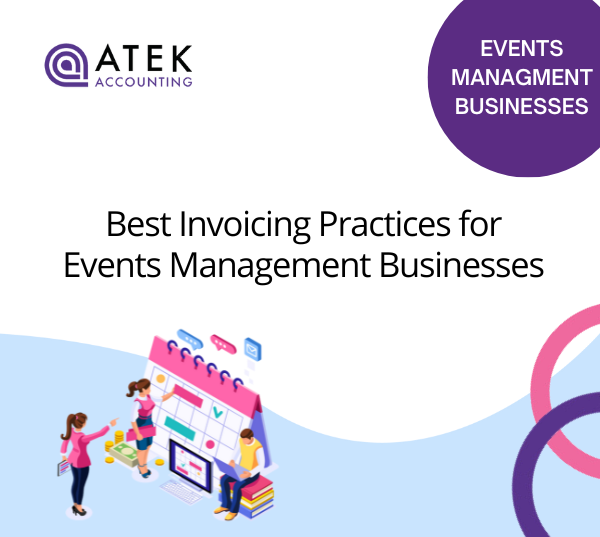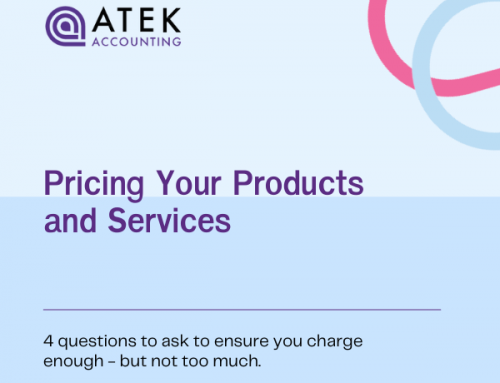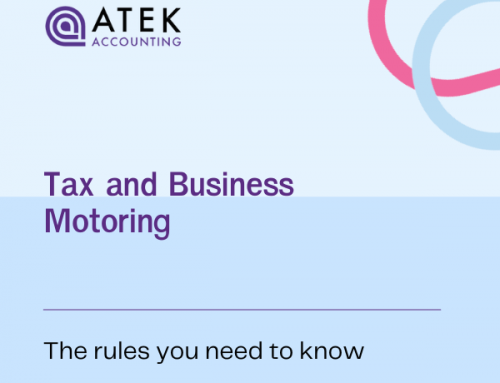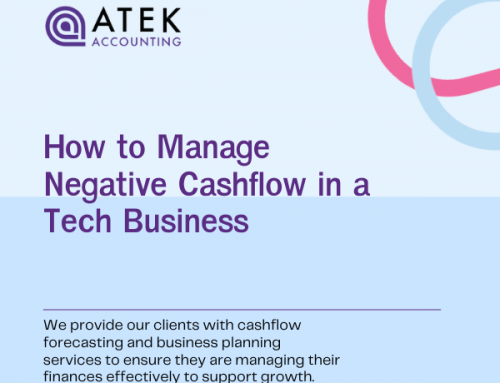
Why Event Management Businesses Must Follow Best Invoicing Practices
Unpaid invoices are bad news for cashflow for your events management business, to say the least. Invoicing may not seem very exciting, but it’s important to put the best practices in place so that you can make the process as smooth as possible, improve client relations, and, crucially, get paid on time.
Natwest Group conducted a study in 2023 on the impact of late payments to SMEs in the UK. Here are the highlights:
- Over a third (36%) of payments taken in an average month are late. London’s businesses were noted as the hardest hit, with 41% of payments coming late in an average month.
- 27% of UK SMEs are owed between £5,000 and £20,000 in unpaid invoices.
- 31% of businesses admit to spending between 21 and 30 hours per month chasing customers.
What Are the Best Practices for Invoicing? Here’s What Events Management Businesses Need To Know
Start Off On the Right Foot
One of the best ways to improve your invoicing process is to outline clear expectations with each new client. Be sure to include details such as payment schedules and estimated amounts in each invoice. Your clients will appreciate the transparency and it will avoid any confusion later on.
Send Invoices As Soon As Possible
A simple way to get invoices paid quickly is to send them out at the right time. Many business owners let this crucial step slip their mind, which then causes delays. Sending out an invoice late demonstrates a lax attitude to your clients, who are then less likely to take your deadlines seriously. Lead by example and be mindful to send your invoices ASAP.
Use Software
You can use cloud accounting software to automate your invoices, which will save you significant time and ensure that you don’t forget to send them out! Automating this process will also help you to keep track of which clients have paid and which deadlines are approaching, allowing you to take action accordingly and get money in the bank sooner rather than later.
Offer Multiple Payment Options
Giving your clients multiple ways to pay is likely to encourage them to do so in a more timely fashion. Online payment is convenient and you can add a “pay now” button to digital invoices which may even see you paid the very same day you send them out.
Furthermore, online payments are faster to process meaning that you won’t have to wait for many days for a cheque to clear. You can also keep an even closer eye on the process by syncing them to your accounting software. If you’re sending your invoice internationally, be sure to specify the currency that you accept.
Include the Basics
Be sure to include the following details in your invoice:
- Date of invoice creation
- The date the service was delivered or completed
- A unique invoice number
- The client’s purchase orders
- Contact information for both you and your client
- Payment terms
- A description of the goods or services you have provided
- An itemised list of costs
- Any late payment fees or early payment incentives
- The method of payments you accept and the appropriate currency if invoicing internationally.
Follow-Up
Sending a polite and professional follow-up is necessary when your client fails to meet your payment deadline. You should be able to use your accounting software to track who is late. If you don’t use software with this capability, make a calendar of follow-up dates. It also may be worth creating personalised templates for each client. If a client is frequently late to pay, consider introducing a fee to encourage them to be on time going forward.
Streamline Your Invoicing Process with Atek
Improving your invoicing process and incorporating the best practices will help you to get paid faster and ultimately improve your cashflow. Atek can help you set up and manage an automated invoicing system if you don’t have one already. We work with our events management clients to demonstrate the financial impact of late payments and define plans to improve timely payments. We would be happy to talk with you about the challenges you are facing. Contact us for a chat.












